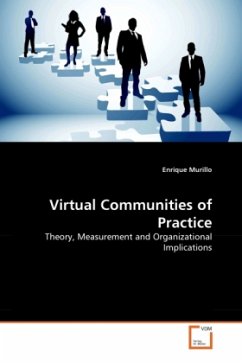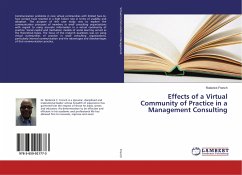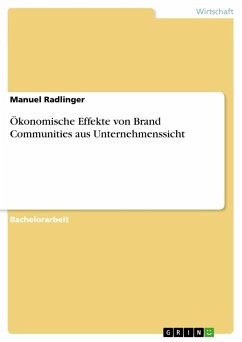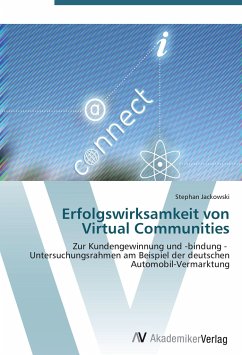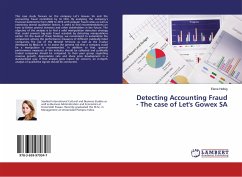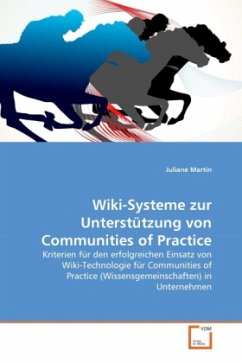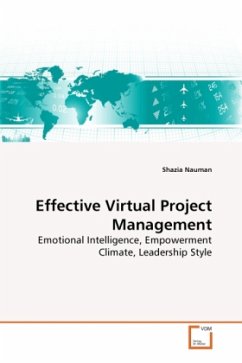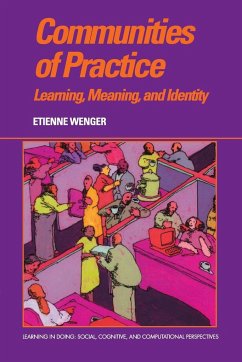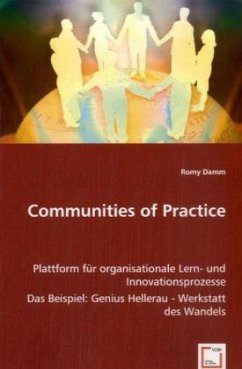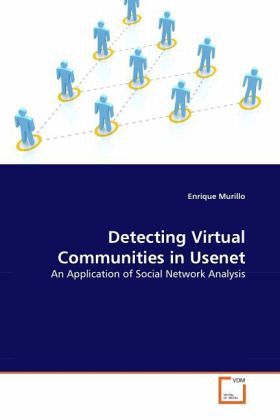
Detecting Virtual Communities in Usenet
An Application of Social Network Analysis
Versandkostenfrei!
Versandfertig in 6-10 Tagen
39,99 €
inkl. MwSt.

PAYBACK Punkte
20 °P sammeln!
Since the earliest days of the Internet, people have joined online discussion groups to find and interact with others who shared their interests. From this interplay, different kinds of virtual communities emerged, from fan clubs to communities of practice. These Internet communities can develop rich cultures and achieve sophisticated problem-solving in numerous disciplines. This book tests a method for detecting and evaluating stable and strongly cohesive subgroups within larger discussion groups. The study targeted Usenet newsgroups, but the method generalizes to other platforms. Using 30 we...
Since the earliest days of the Internet, people have joined online discussion groups to find and interact with others who shared their interests. From this interplay, different kinds of virtual communities emerged, from fan clubs to communities of practice. These Internet communities can develop rich cultures and achieve sophisticated problem-solving in numerous disciplines. This book tests a method for detecting and evaluating stable and strongly cohesive subgroups within larger discussion groups. The study targeted Usenet newsgroups, but the method generalizes to other platforms. Using 30 weeks of posting history from five practitioner-oriented newsgroups, the study derived the social network participants build through their non-random exchanges. This relational data was examined using models of Social Network Analysis. Key members of each newsgroup were identified by measuring their stability and the strong links they built to specific others. The method will be useful to professionals in Communication, Marketing and Knowledge Management who face the problem of positively identifying core members of virtual communities, and evaluating their influence over other participants.



